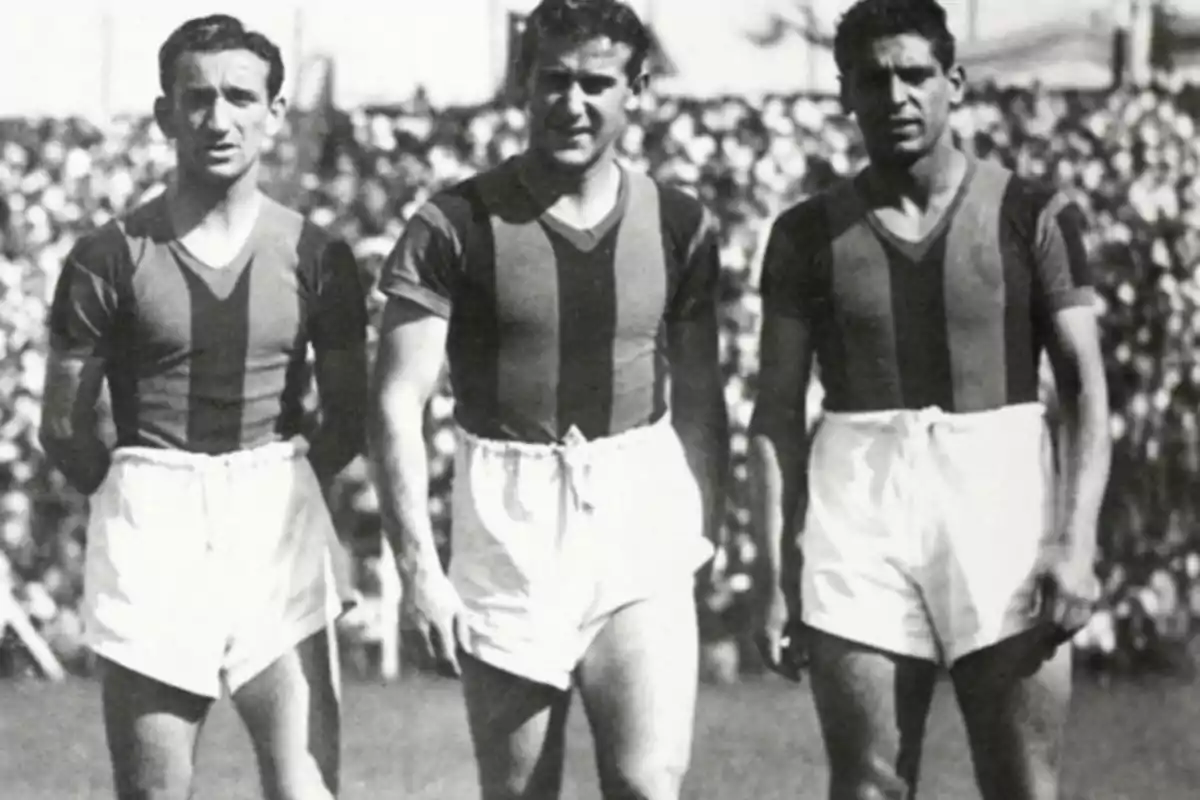
The Pope's idols: Farro, Pontoni, and Martino, the sacred trident of San Lorenzo
These legends of Ciclón captivated Jorge Bergoglio and left an indelible mark on the club's history
For Pope Francis, soccer is much more than a sport. It is a passion that has accompanied him since his childhood in the Buenos Aires neighborhood of Flores, where he grew up supporting San Lorenzo de Almagro.
Among all the players who passed through the Boedo club, there are three names he himself has pointed out as his great idols. They are René Pontoni, Rinaldo Martino, and Armando Farro. This offensive trio excelled in the 1940s and left an indelible mark on the club's history and in the heart of Jorge Bergoglio.
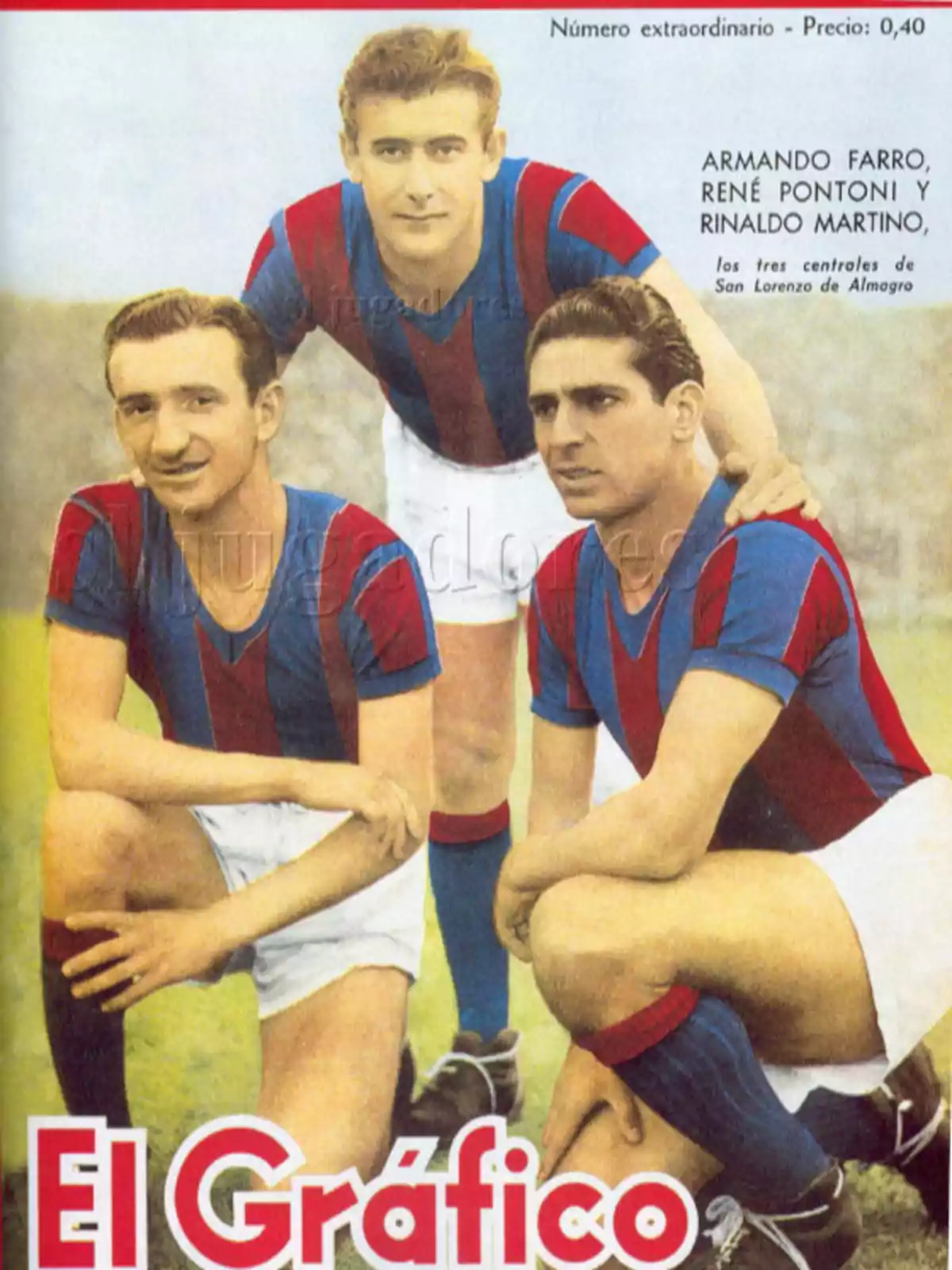
An unforgettable trio
Simply nicknamed "The Golden Trio," Farro, Pontoni, and Martino marked an era with their technical quality, their almost telepathic understanding on the field, and their ability to delight fans with goals and attractive soccer. Together, they led San Lorenzo to the 1946 championship title, a milestone for the club that is still remembered with nostalgia.
Armando Farro, born in Uruguay, stood out for his speed and ability to break through on the wings. He had a nimble dribble, a daring style, and was the ideal partner for the other two.
His ability to create plays from the flanks made him an essential piece of the team's offensive machinery.
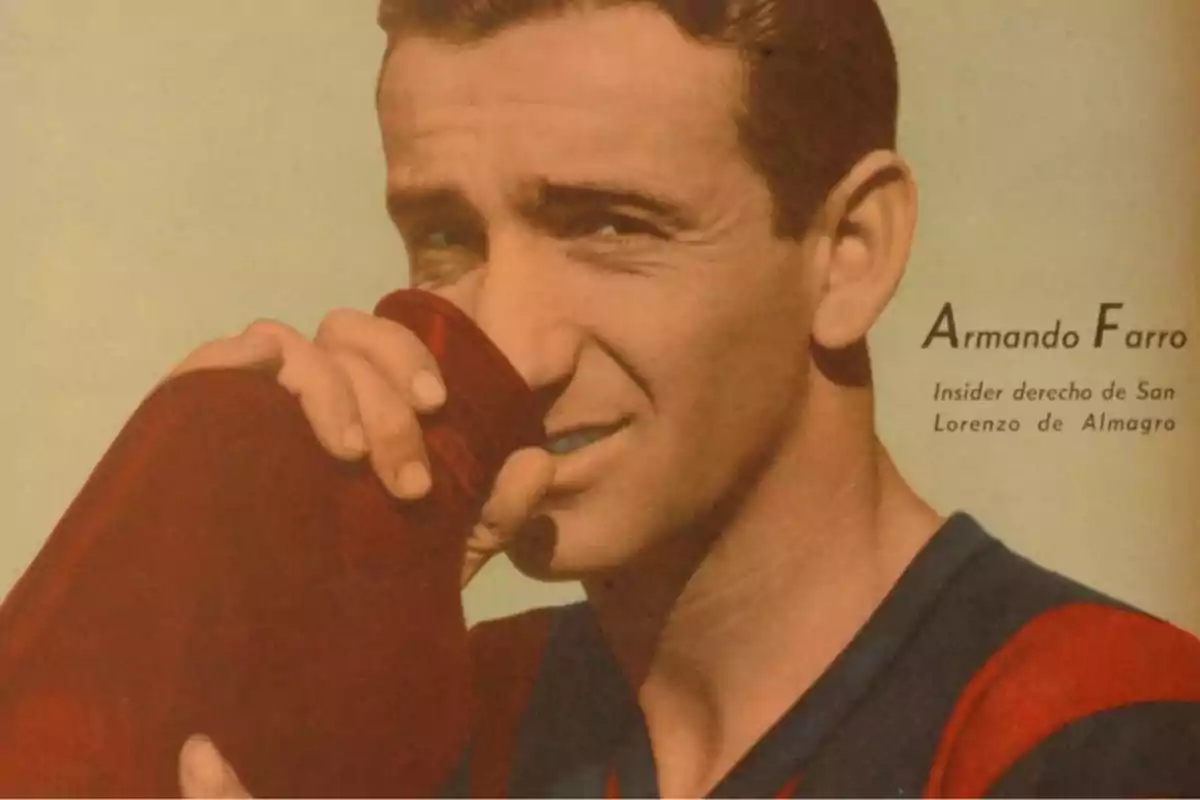
Meanwhile, René Pontoni, a center forward of enormous stature, was considered one of the best number nines of his time. Owner of exquisite technique and an uncommon vision for a forward, Pontoni not only scored goals but invented them.
He had a commanding presence in the area, but he also dropped back to associate, understanding the game with an intelligence that set him apart from the rest.
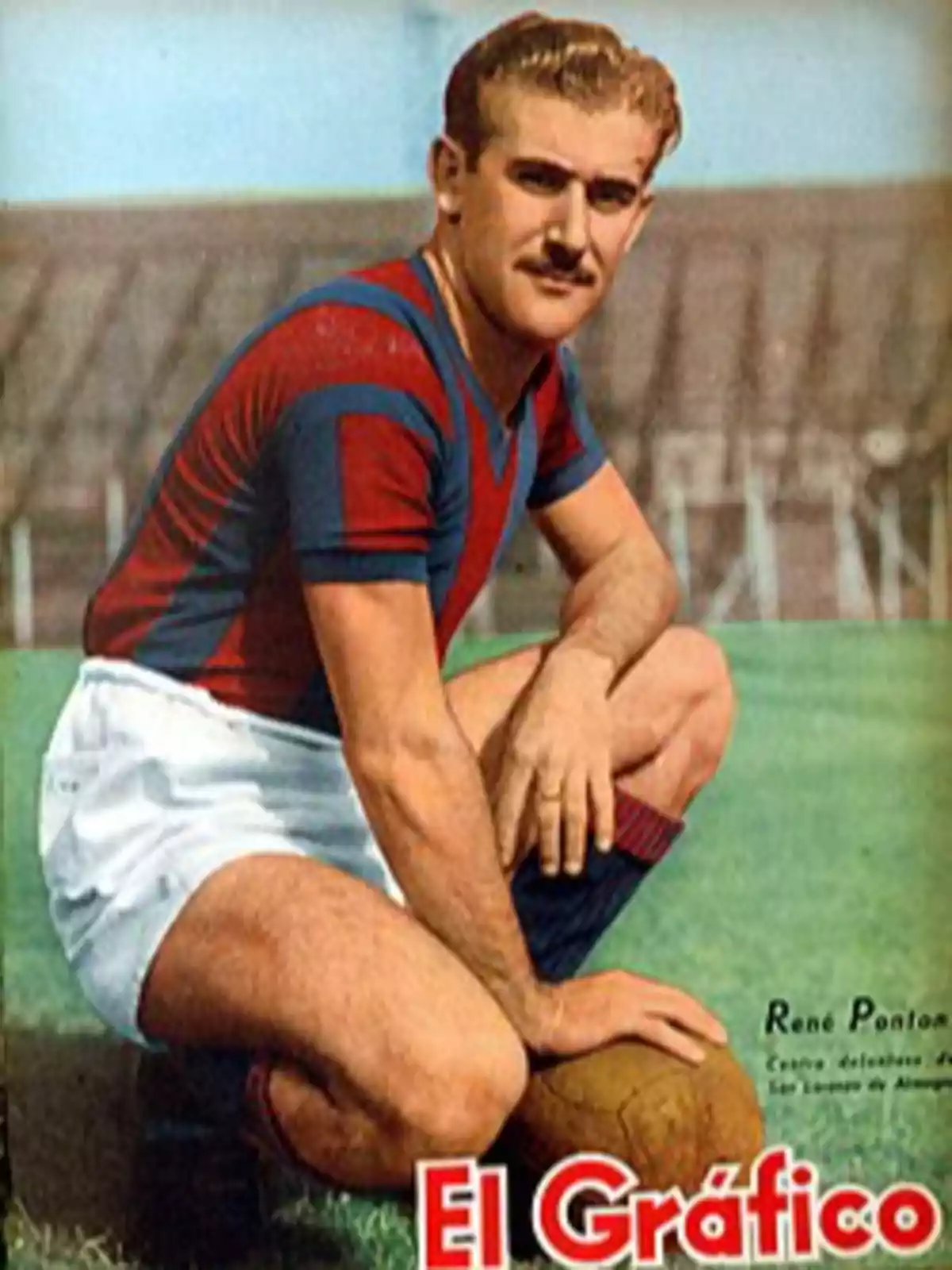
Finally, Rinaldo Martino, elegant and creative, was the artistic touch of the trio. He combined natural talent with a very Argentine cunning. His way of playing had something of tango and street soccer: a mix of rhythm, improvisation, and daring. Martino could start from midfield and leave three opponents behind without ever losing his smile or elegance.
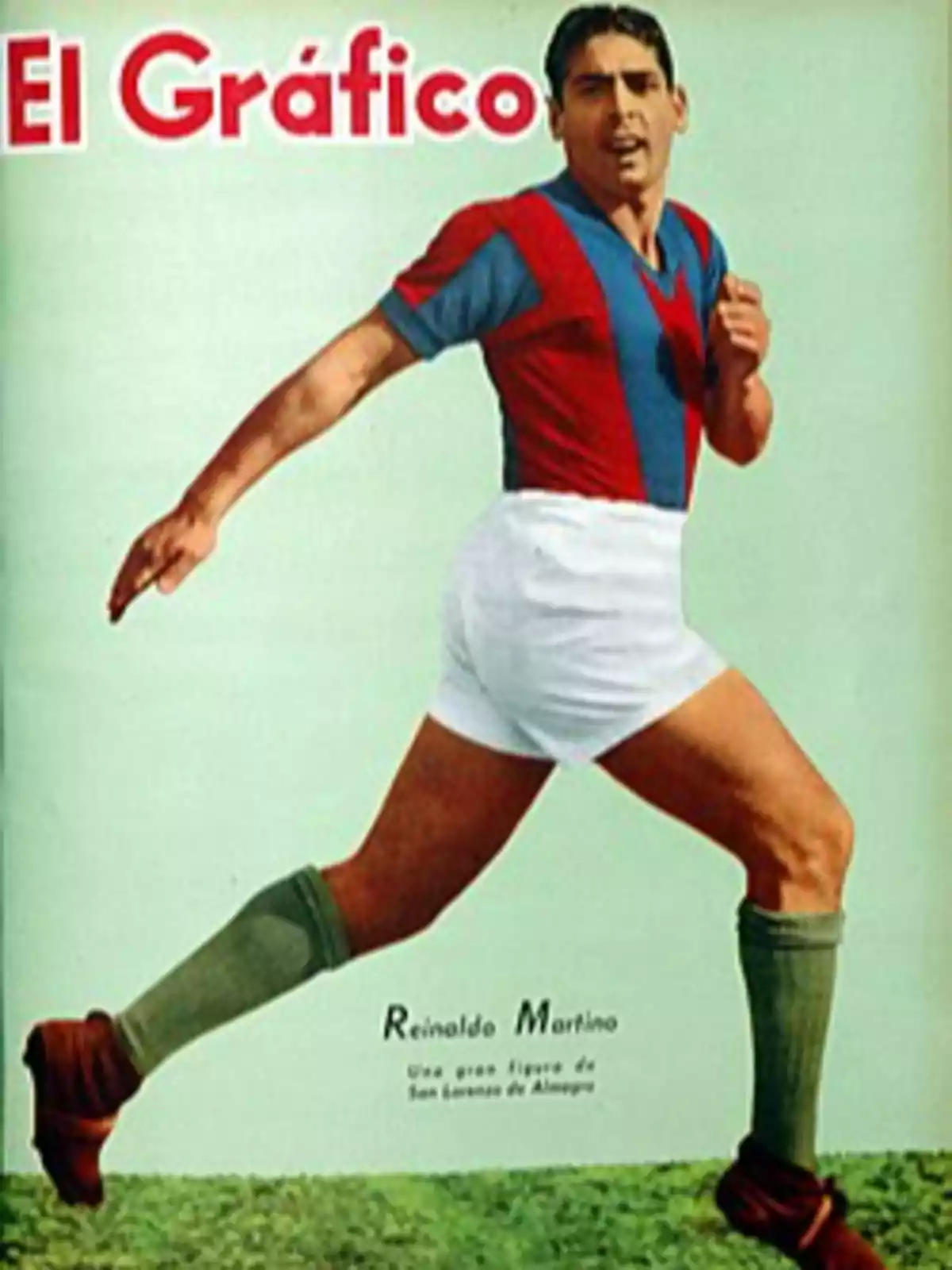
The Pope and his San Lorenzo
Jorge Bergoglio has mentioned on several occasions the impact this team had on his life. In an interview, he recalled: "That team of Farro, Pontoni, and Martino marked me. It was a top-level to watch them play. Later, one grows up and sees many stars, but the first idols are never forgotten."
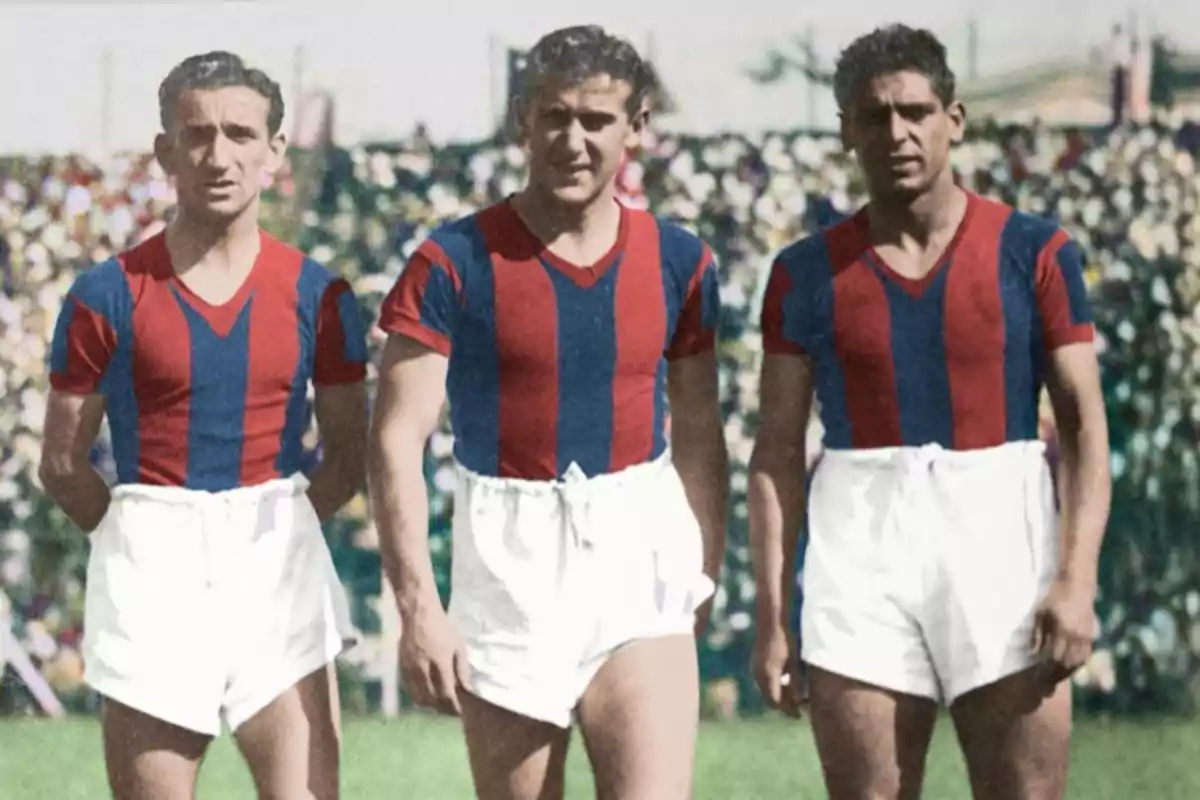
Even as Pope, in the Vatican, he continued to show his love for San Lorenzo. He received club jerseys, blessed trophies, and greeted delegations from the Ciclón. But his soccer memory always returned to those golden years of his childhood, where his romance with the ball and with a forward line that today seems taken from a fable began.
For Francis, these idols not only played well but also represented values like camaraderie, teamwork, and love for the jersey. It is no coincidence that he has kept their names alive in his heart, as a way of also keeping alive his connection with Argentina, with Boedo, and with his youth.
More posts: